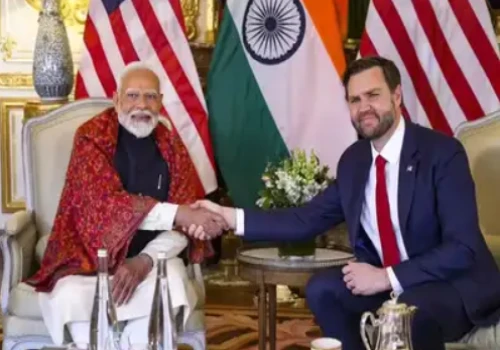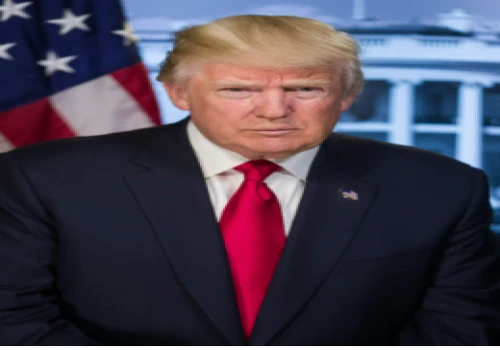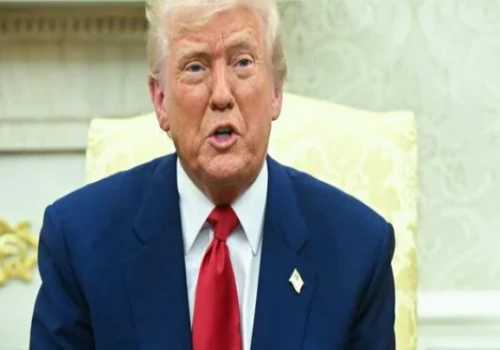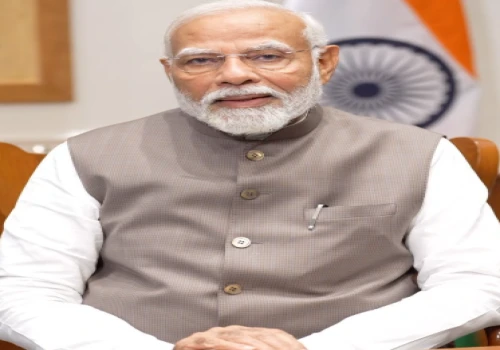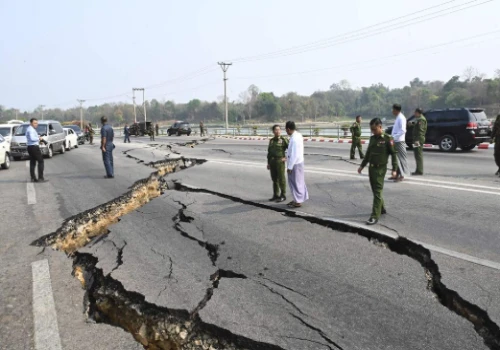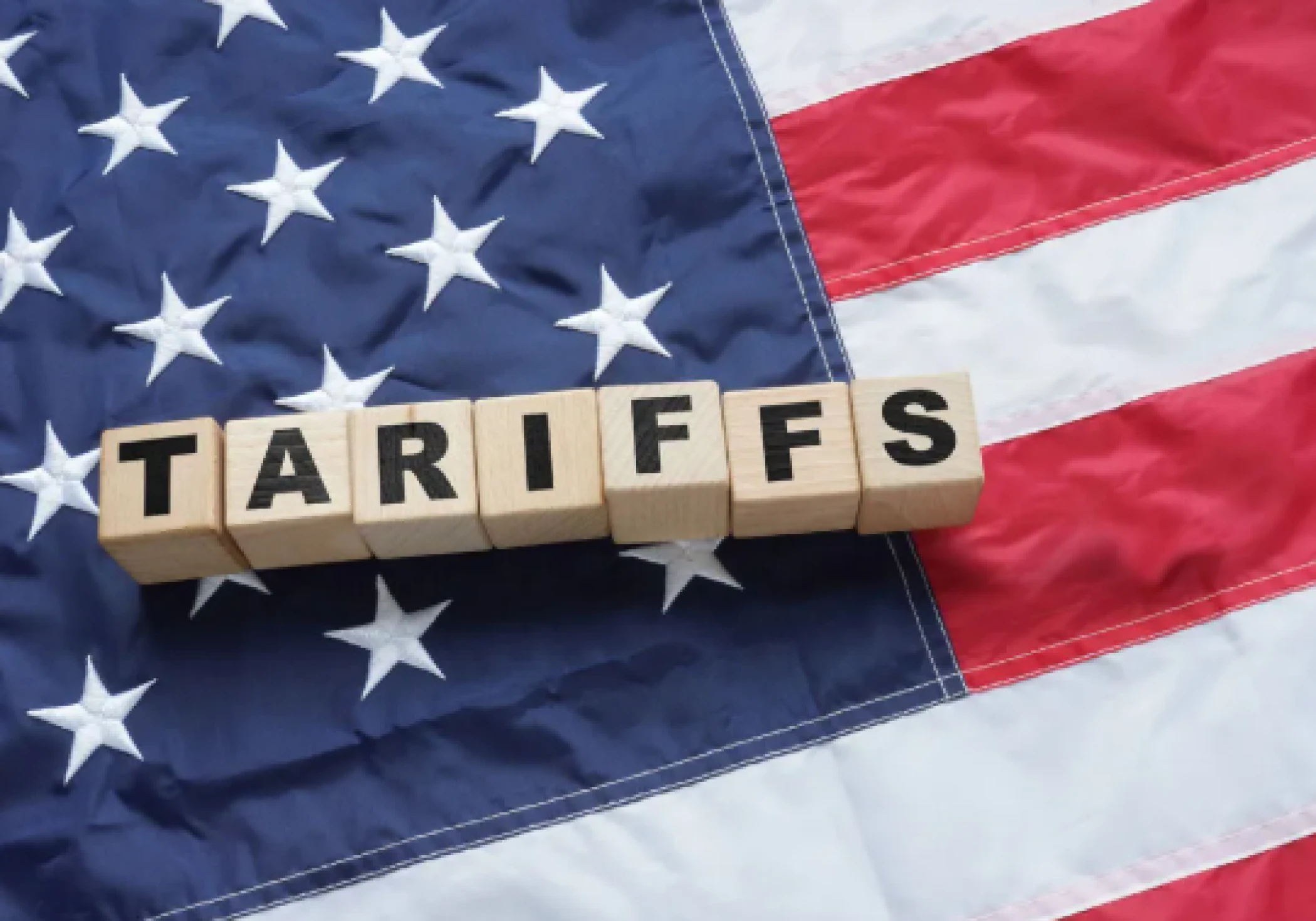
U.S. President Donald Trump's recent announcement of a 25% tariff on car imports and automotive parts is likely to affect some Indian companies heavily exposed to the U.S. market.
Tata Motors and Jaguar Land Rover (JLR): Tata Motors does not have direct exports to the U.S., but its subsidiary, Jaguar Land Rover, depends greatly on the U.S. market, which represented 22% of JLR's global sales during the fiscal year 2024. The vehicles that are exported to the U.S. are produced mainly in the UK and other overseas factories and are hence under the jurisdiction of the new tariffs.
Eicher Motors: With its Royal Enfield bikes, Eicher Motors regards the U.S. as an important market, particularly for its 650cc bikes. Tariffs could hit their competitive pricing and sales levels in the country.
Samvardhana Motherson International Ltd: As one of the leading manufacturers of auto components, Samvardhana Motherson provides components to American auto majors like Tesla and Ford. Still, with fixed production units in the U.S. and Europe, the firm can be somewhat cushioned from the effects of import tariffs compared to companies with pure export dependency.
Sona Comstar: Sona Comstar manufactures automotive systems and parts, including differential gears and starter motors, earning about 66% of its revenue from the United States and European markets. In order to counter tariff risks, Sona Comstar has been diversifying its export market, increasing exports to China, Japan, and South Korea, with the intention of these markets generating more than 50% of its revenue in five years.
Other Impacted Companies: Some other Indian automobile component makers exposed to exports and having high dependence on the American market are Sansera Engineering Ltd, Suprajit Engineering, and Balkrishna Industries. These companies would be impacted by varying levels as per their dependency on the American market and capability to adjust according to the altered trade scenario.
During the financial year 2024, India shipped auto parts worth $21.2 billion to the global auto component market worth $1.2 trillion.The new American tariffs will likely disrupt global supply chains, and the automotive component sector of India may suffer as a result of weakening demand from America-based OEMs.
As events unfold, Indian enterprises will likely attempt to spread their markets and localize production in an effort to offset the adverse effects of these tariffs.



